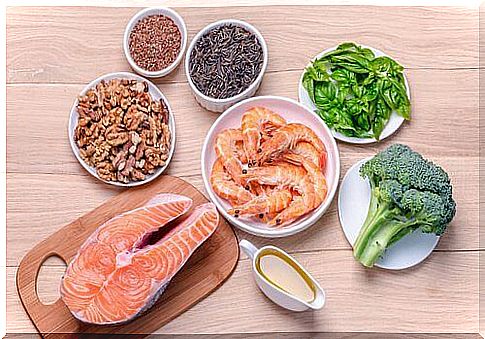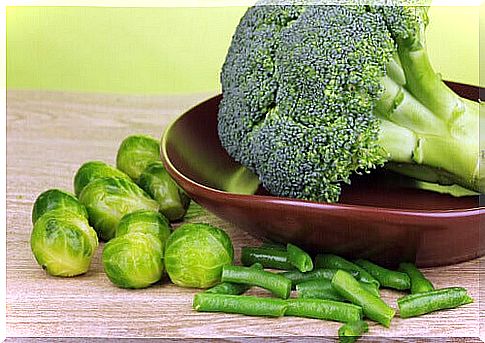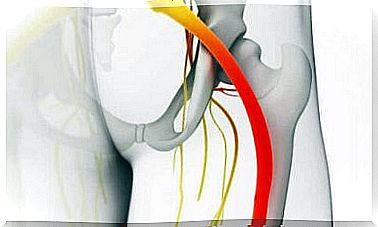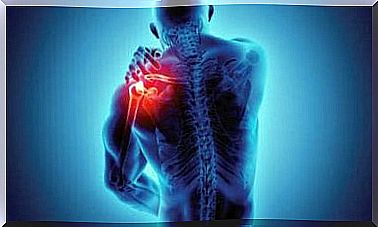Weight Loss With Hypothyroidism

Hypothyroidism is one of the disorders that affect the thyroid gland. Your thyroid is responsible for regulating your metabolism and secreting important hormones that keep the functioning of important organs healthy.
This disorder develops when the body does not secrete enough thyroid hormones. As a result, your metabolism slows down and it is more difficult to maintain a healthy and stable weight.
In most cases, hypothyroidism is especially common in women, especially after the age of 50, but the condition can also appear at a younger age and, of course, in men.
The main cause of this condition is inflammation. Inflammation can affect the thyroid cells. However, the condition can also be triggered by an immune system response, viral infection, or pregnancy.
Many people diagnosed with hypothyroidism believe that they cannot avoid weight gain and other negative health problems. However, research shows that maintaining a certain healthy lifestyle can help to counteract these consequences and prevent your quality of life from deteriorating.
So, in this article, we’re sharing some important tips to help you lose weight if you’ve been diagnosed with hypothyroidism.
Losing Weight With Hypothyroidism
Improve your nutrition
After you have been diagnosed with hypothyroidism, it is important that you change your eating habits. This is the most important thing to avoid weight gain and thus ensure that your weight is as stable as possible.
Your diet should be low in fat and include foods rich in iodine. The iodine level often goes down in people who suffer from this condition.
Choose healthy fats

It is not necessary to completely eliminate fat from your diet, but it is important to choose the right fats, ie healthy fats that your body can easily process.
We have listed a few for you, including:
- Lean meat
- white fish
- Olive oil
- coconut oil
- Seeds
Consume whole wheat flour
All foods made with refined or processed flour should be substituted for products made with whole wheat or whole wheat flour. Whole wheat flour is generally much healthier and prevents fat deposits and increases in blood sugar.
Make sure you get more fluids

To prevent dehydration and promote the elimination of waste, it is essential to drink enough water every day.
Commercially produced drinks should therefore be avoided. Whenever possible, always choose water that is 100% natural.
Eat lighter meals
Eating right before bed is never a good idea, especially when you also choose products that are difficult to digest. It is better to prepare something that is low in fat and protein and to eat your evening meal at least two hours before bedtime.
Drink green tea
Green tea is one of the healthiest drinks that people with hypothyroidism can consume. The tea is rich in antioxidants, which have fat-burning properties that support weight loss naturally.
Green tea also has a mild laxative effect, which means it speeds up your metabolism. The drink provides the body with energy to relieve fatigue and improve general physical ability.
Avoid certain foods

Some foods you should avoid because they contain goitrogens that limit the absorption of iodine and cause the thyroid to function less well.
These are foods like:
- Brussels sprouts, cauliflower and broccoli
- radishes
- Celery
- Maize
- Soy products
- peanuts
- Avocados
- Oranges
- Melon
- figs
- Wheat
Consume more fiber
Fiber-rich products are essential for people who suffer from this condition. Fiber supports healthy digestive function and promotes regular bowel movements, helping to prevent constipation and inflammation.
Fiber is also known to curb appetite and play an important role in metabolism.
Regular exercise

To support your diet and lose more weight, it is important to exercise for at least 40 minutes every day.
In some cases it is important that you reduce the intensity of your training schedule, but this does not mean that you should not move at all right away. A less strenuous training schedule usually provides good results for people who suffer from hypothyroidism.
For example, some good options are:
- speed walking
- Running and jogging
- Bicycles
- Swimming
- Weightlifting
Try not to starve yourself
Far too many people think they will lose weight quickly by skipping one or two meals. However, this is a big mistake. Your body needs to recharge itself every morning to function properly during the rest of the day.
Skipping the first meal of the day will slow your metabolism and make you more hungry later in the day.
Motivation plays an important role in preventing thyroid problems from leading to weight gain. Motivation, along with a lot of discipline, will therefore ensure that you are able to have good habits and keep them up.









